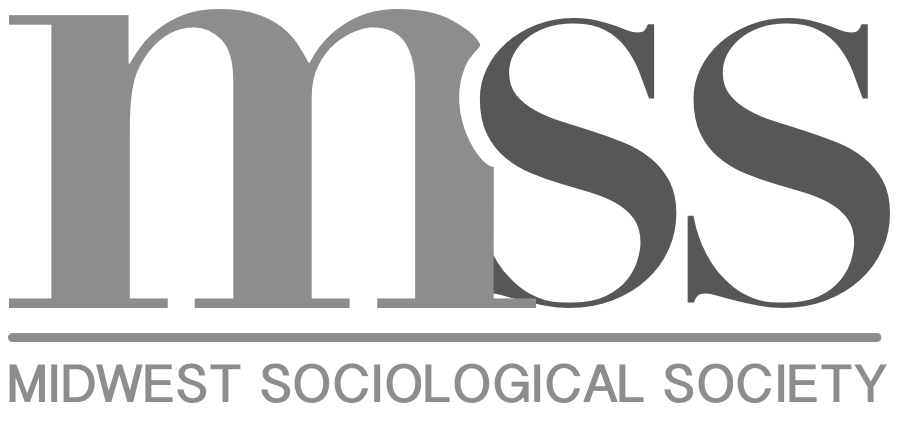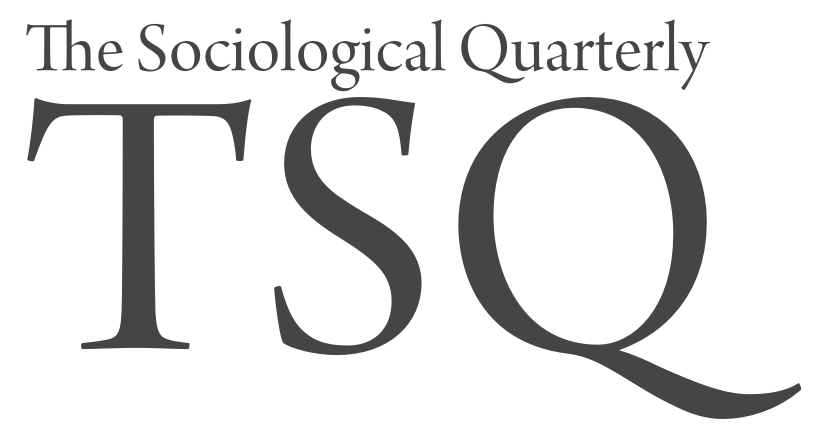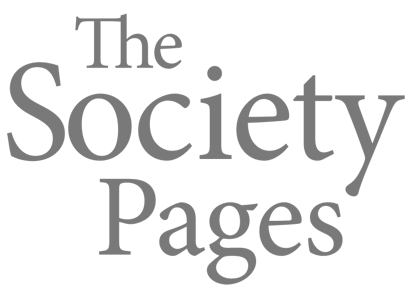Kristin Haltinner, “Right-Wing Ideologies and Ideological Diversity in the Tea Party,” The Sociological Quarterly, 2018
The Tea Party, a conservative political movement that emerged in 2009 in the United States and exists under the umbrella of the Republican Party, generally opposes excessive taxation and government intervention in the private sector. New research from Kristin Haltinner examines the complexity of thought within the Tea Party during a political moment some call an identity crisis for the Republican Party. After interviewing 45 Tea Party members from 2010 to 2012, Haltinner identifies two new strands of Tea Party thinking: Constitutionalism and Reformed Liberalism. Both represent an expansion of previous understandings of Tea Party belief systems and introduce new ways of thinking about the right-wing social and political movement in the U.S.

Supporters of constitutionalism see the rights of individual citizens and states as the core guarantee of the Constitution. They go so far as to suggest the United States do away with income taxes and the Department of Education altogether in favor of sales taxes and putting the responsibility of education on individual states. Constitutionalism also views Social Security, Medicare, and Medicaid as unconstitutional, and considers the overreach of government programs including the Internal Revenue Service (IRS) and the Federal Reserve Bank as a significant societal problem. For constitutionalism, the solution to these problems is strict adherence to the nation’s founding document and limiting the size of the government.
Reformed Liberalism adherents fear that the state’s overreach—especially welfare—is destructive to citizens who take part in it and emphasize the effectiveness of markets. They are especially concerned about racial inequality, and blame structural barriers for the lack of equal rights. One follower of reformed liberalism believes public schools are “failing miserably, especially for minority children,” and attempts to remedy this by coordinating a “Minority Outreach Committee” with other Tea Party members and the coordinator of a Section 8 housing development to develop and participate in tutoring, arts and crafts, and history lessons curriculum. Haltinner sees reformed liberalism as “an emerging set of, mostly, young Republican thinkers” that seek to foster the belief that, in the words of one of her respondents, “…free markets and capitalism and conservatism actually works for everybody, not just rich fat white people.”
Haltinner notes that, in a political moment where 40% of President Trump supporters believe racial and ethnic diversity is beneficial to U.S. society yet 10% to 15% belong to white nationalist movements, her study sets the stage for future research about the Republican Party’s identity crisis and evolution in the 21st century.
Photo by Fibonacci Blue via Flickr CC


